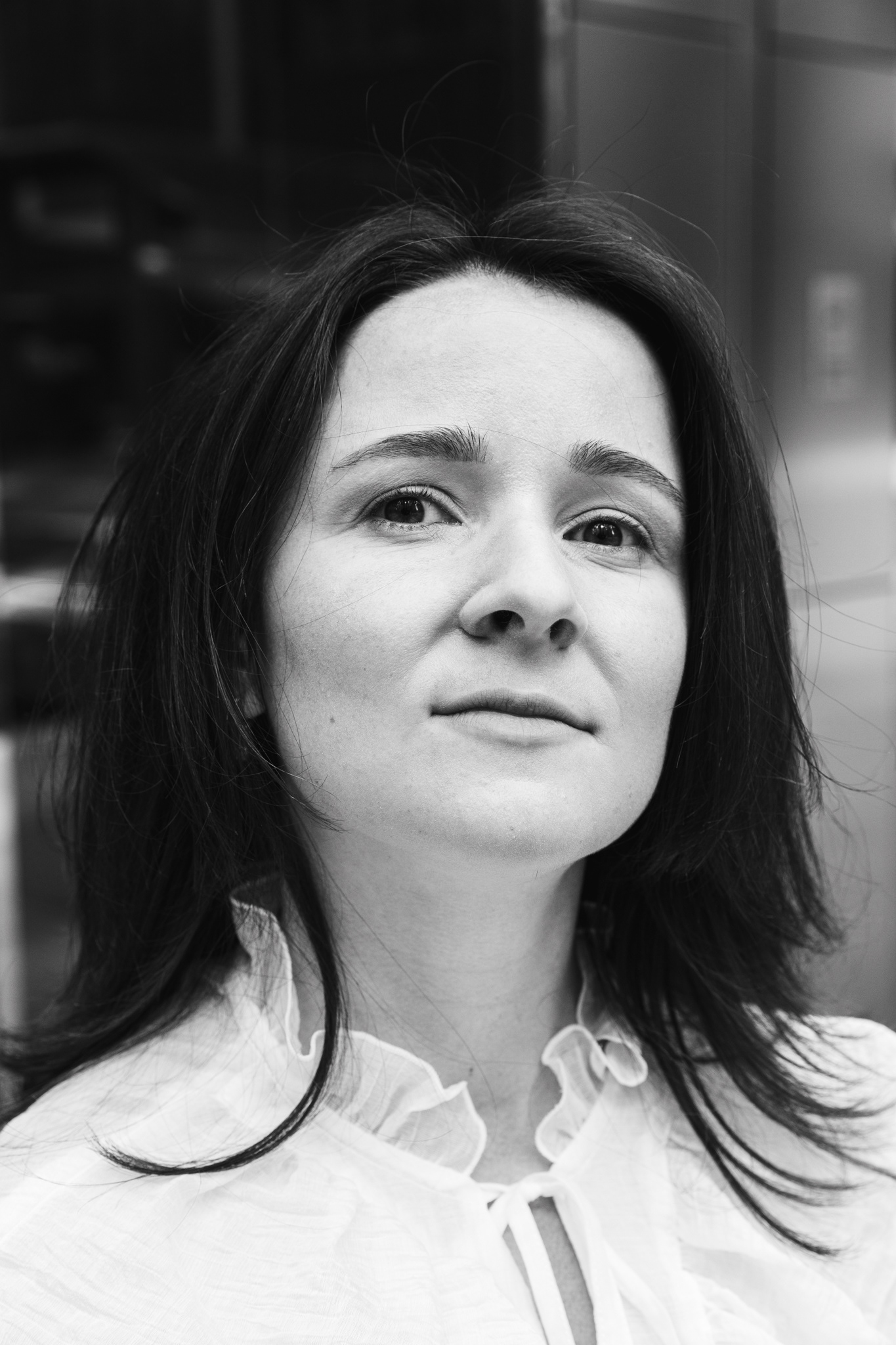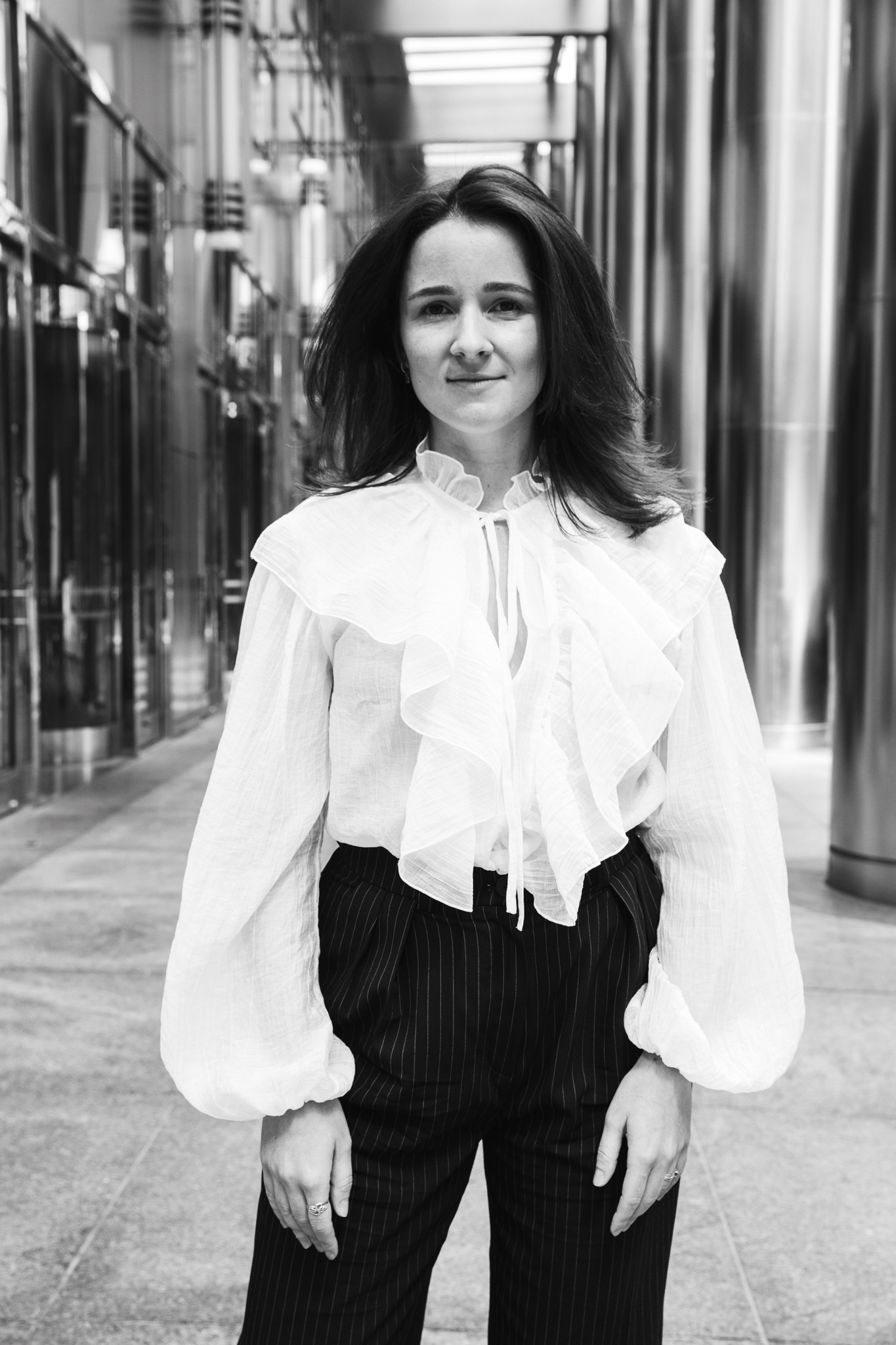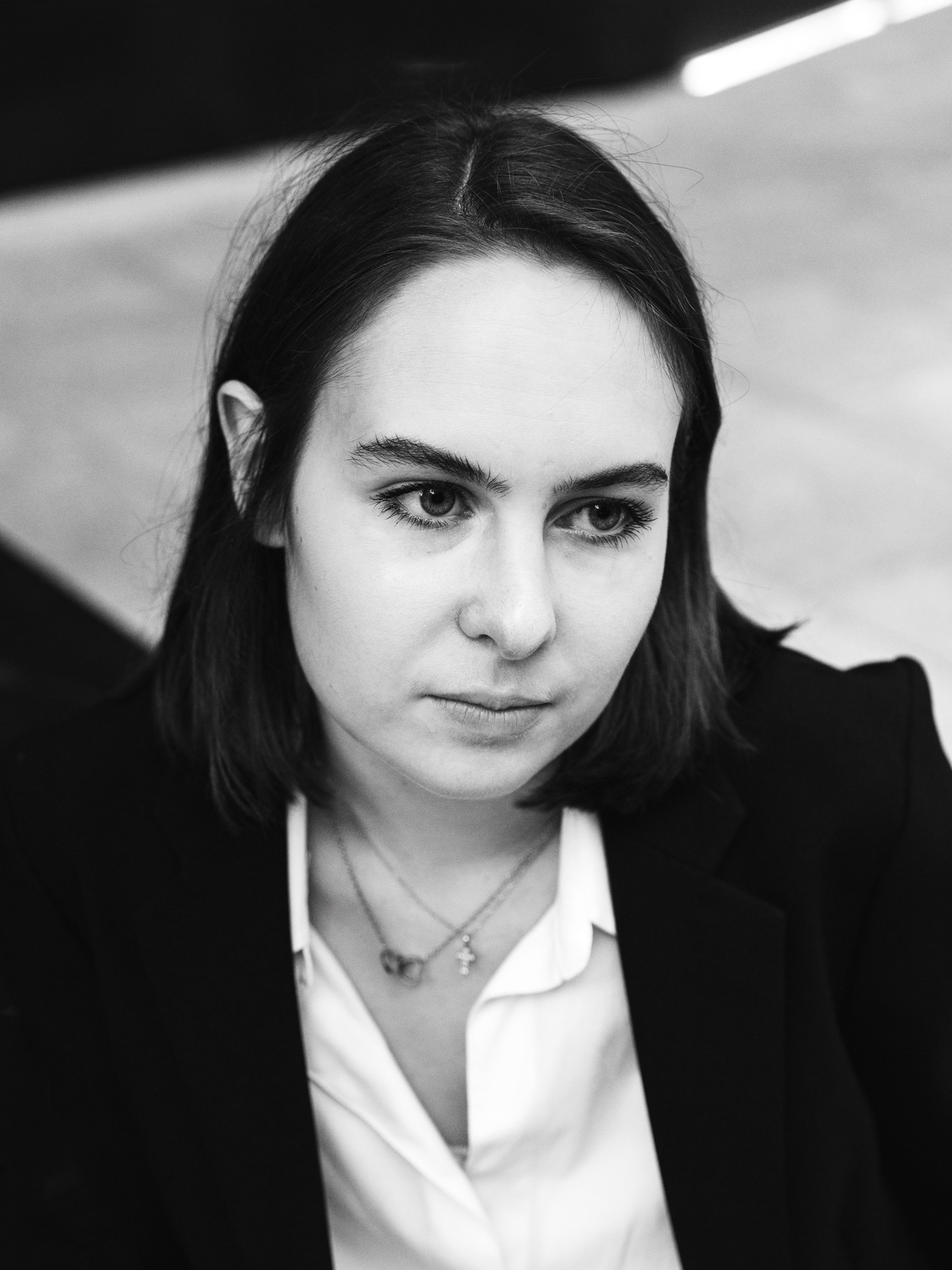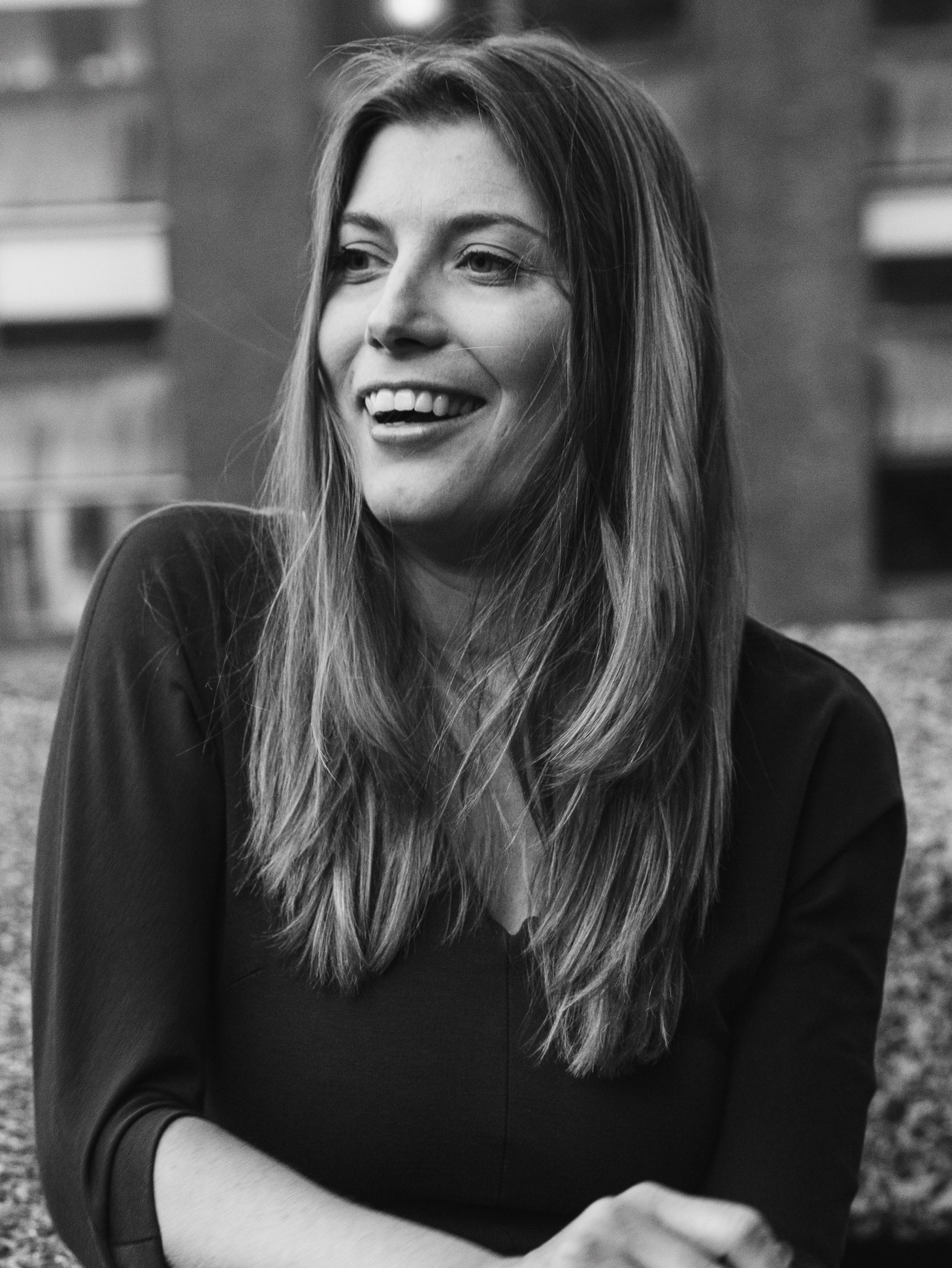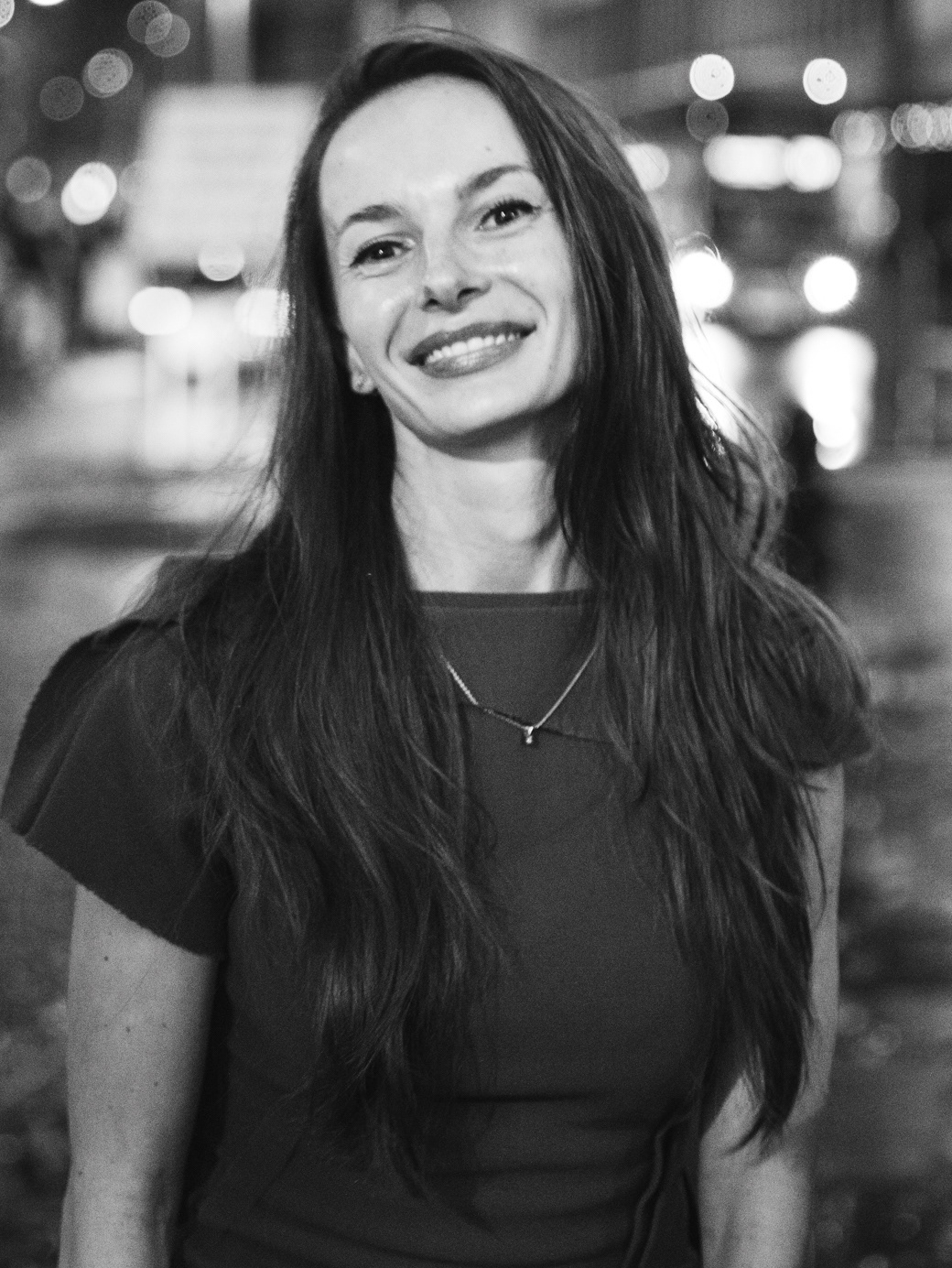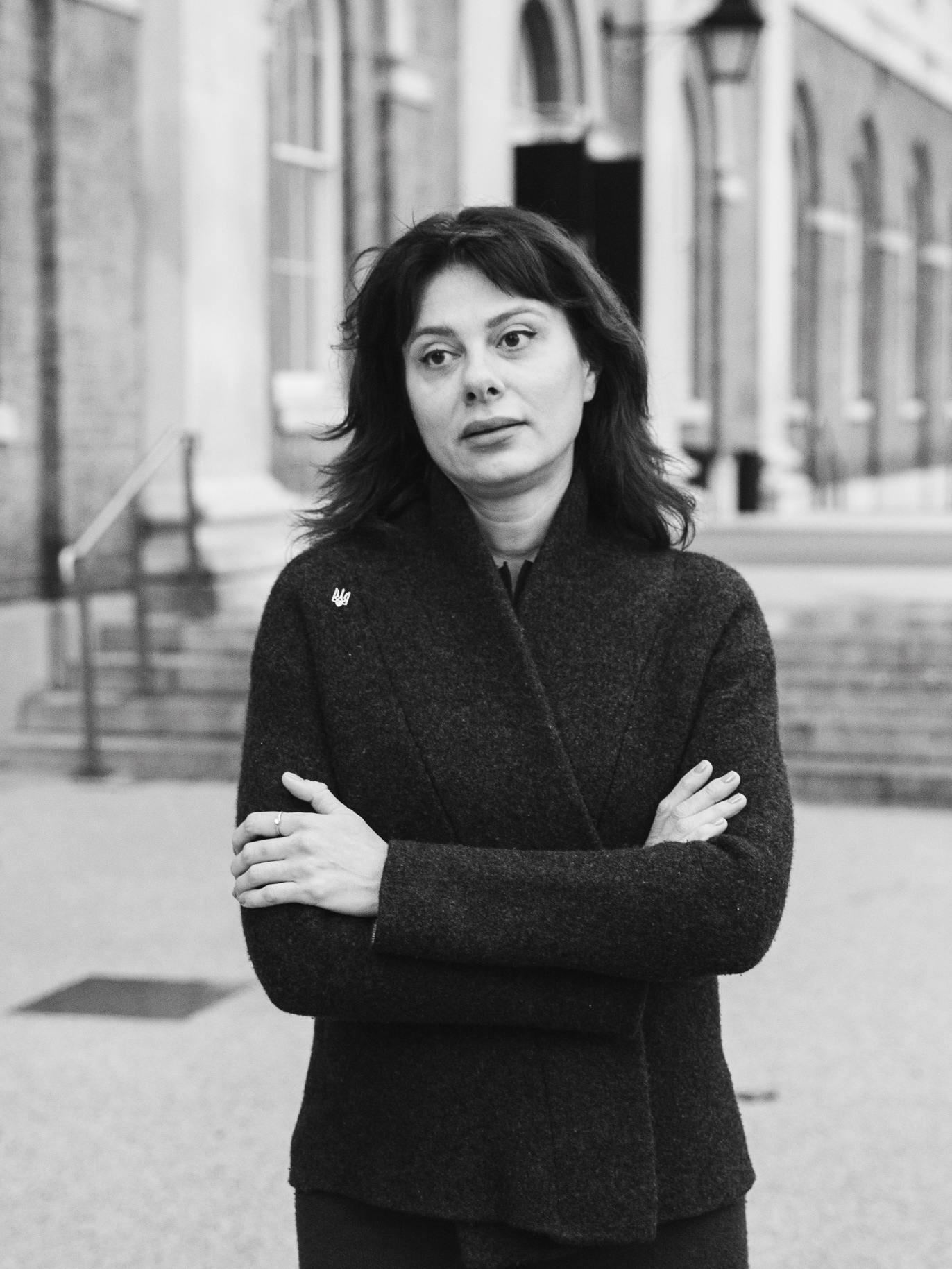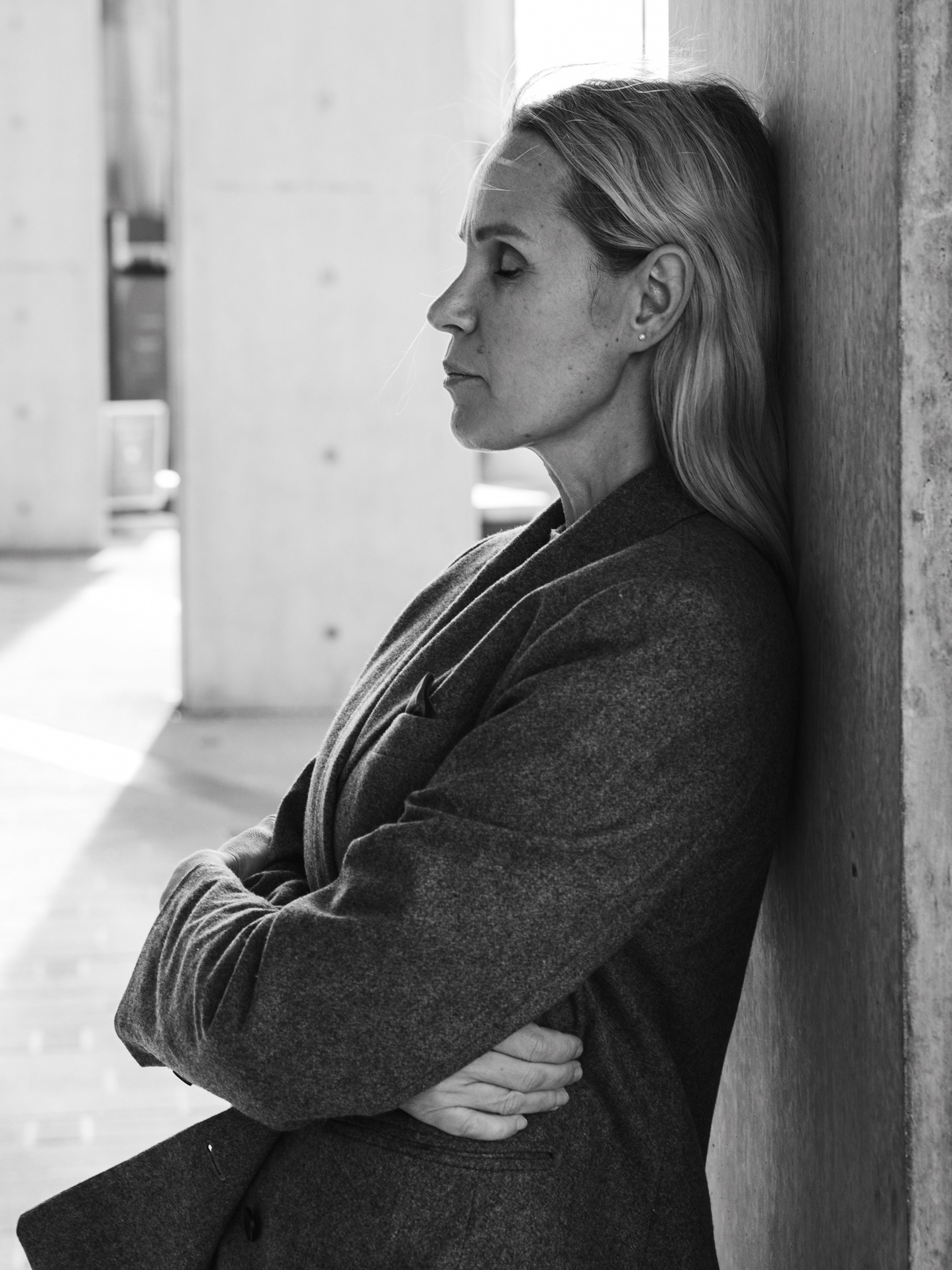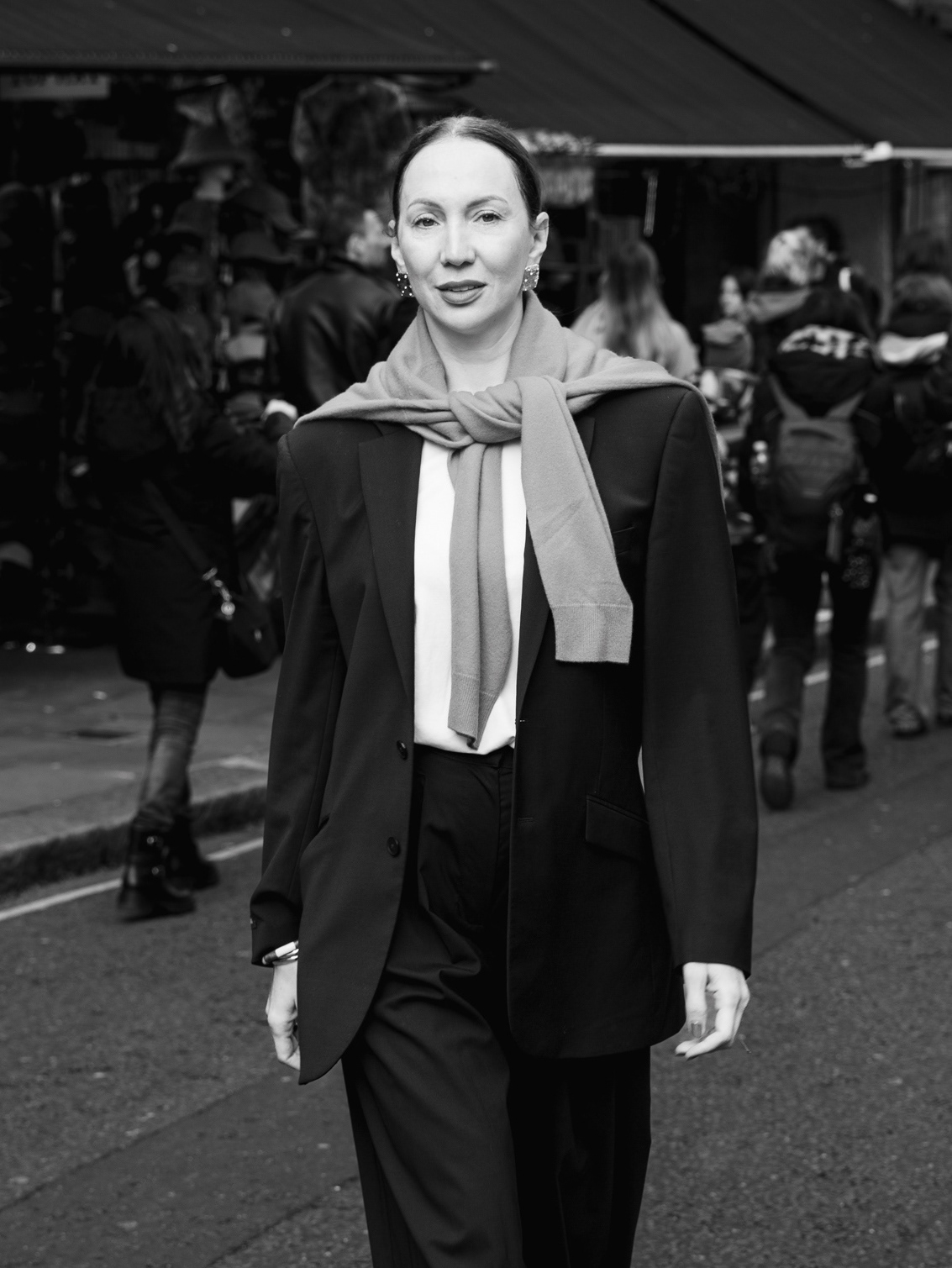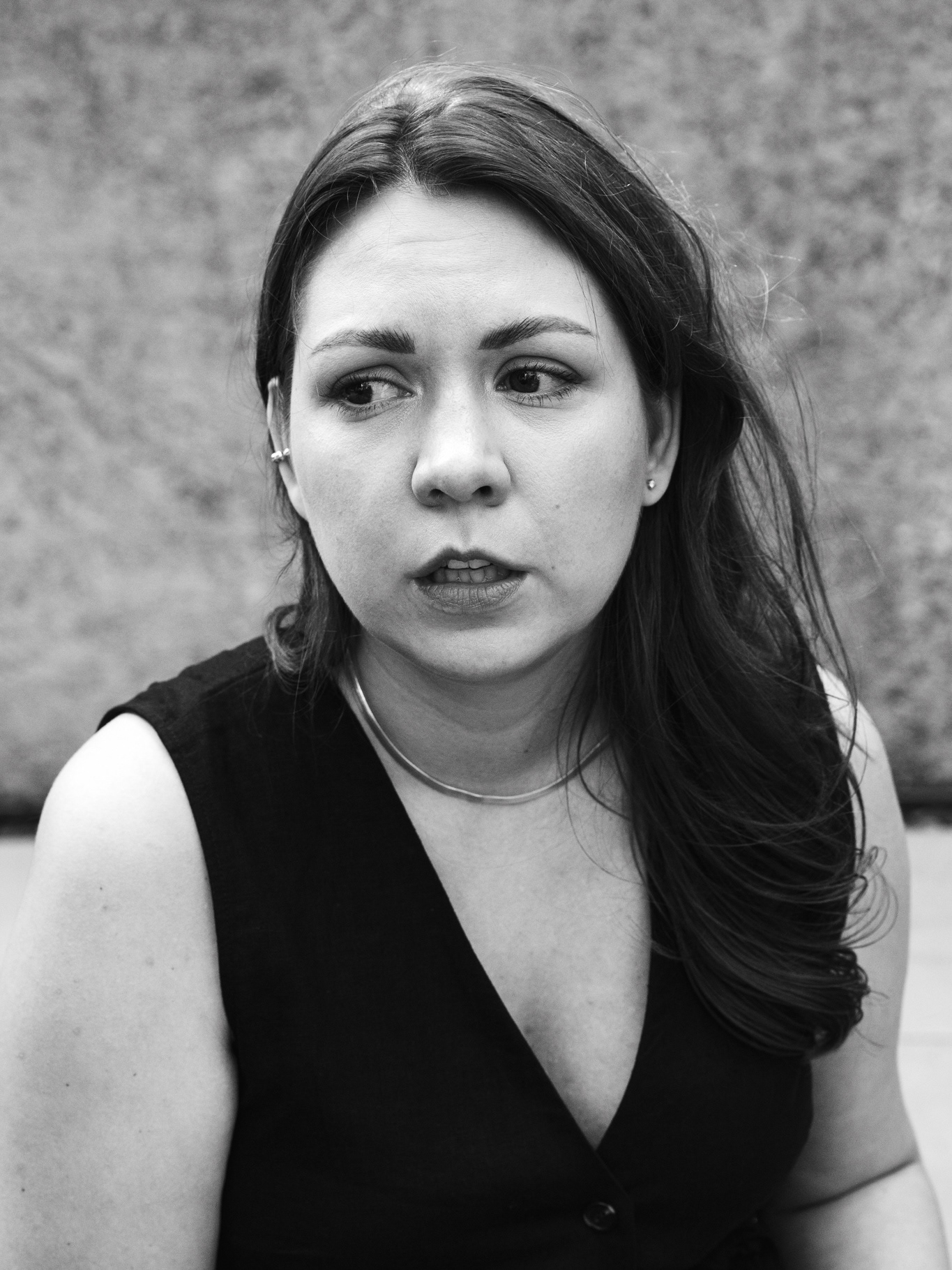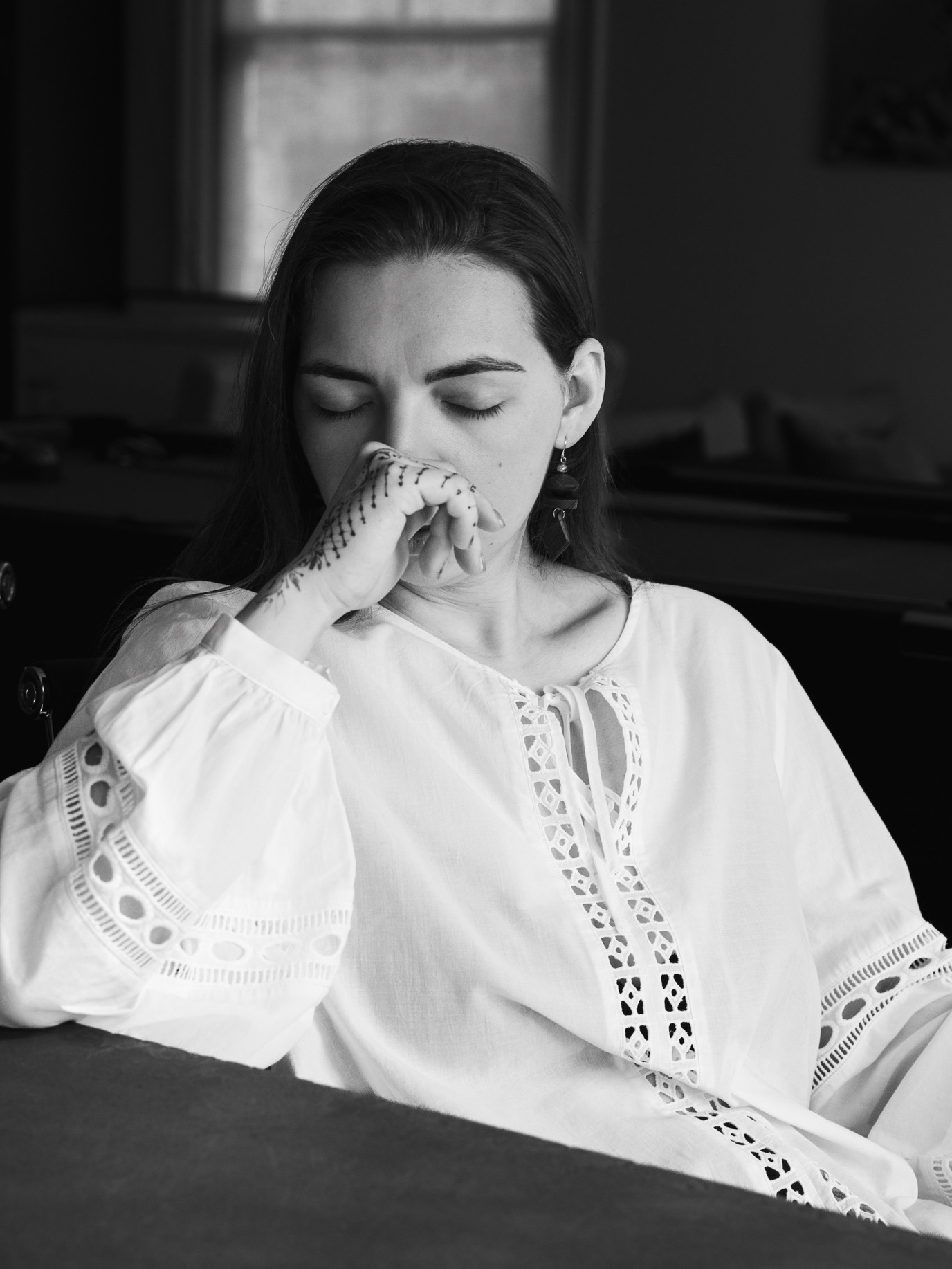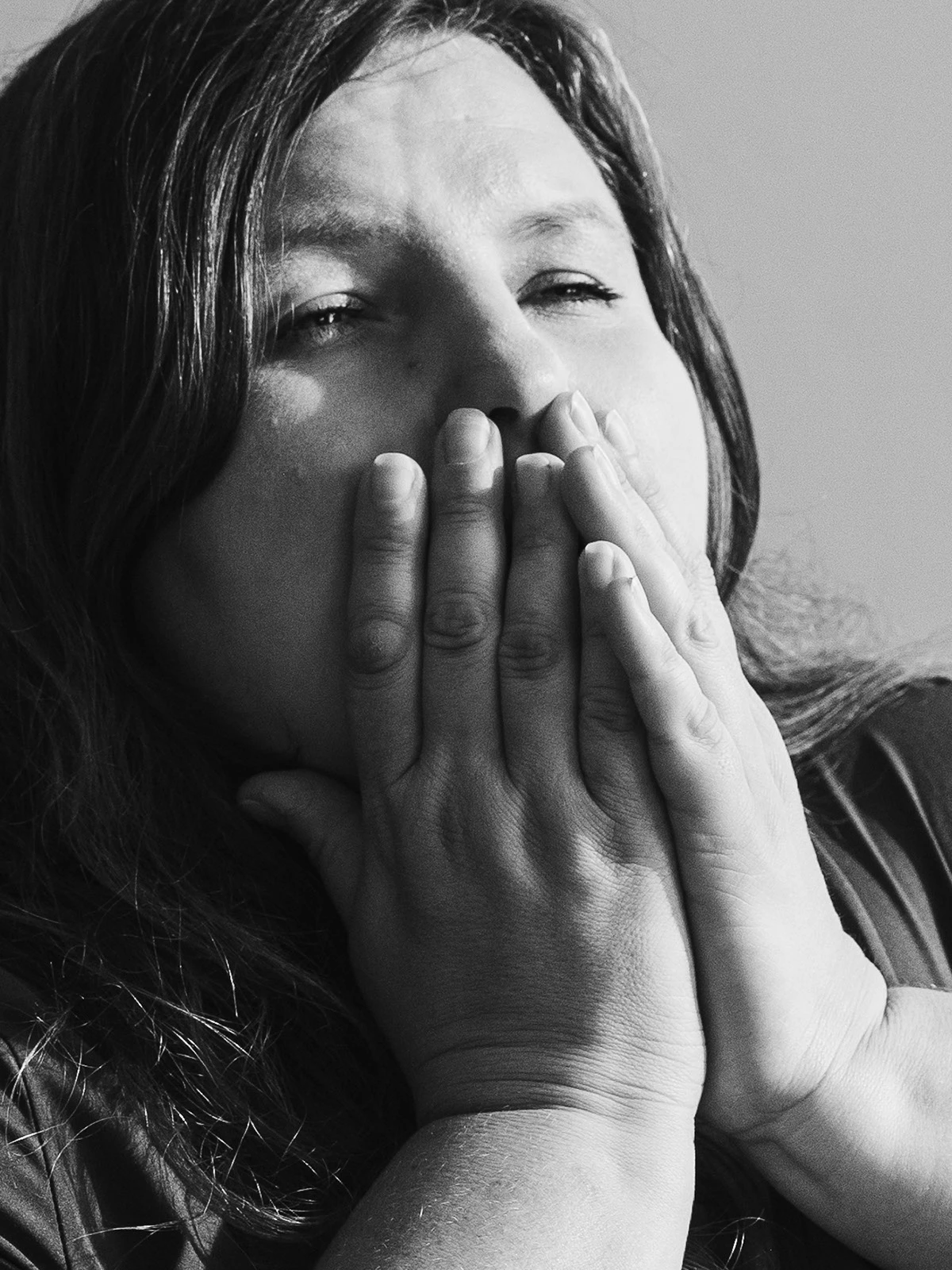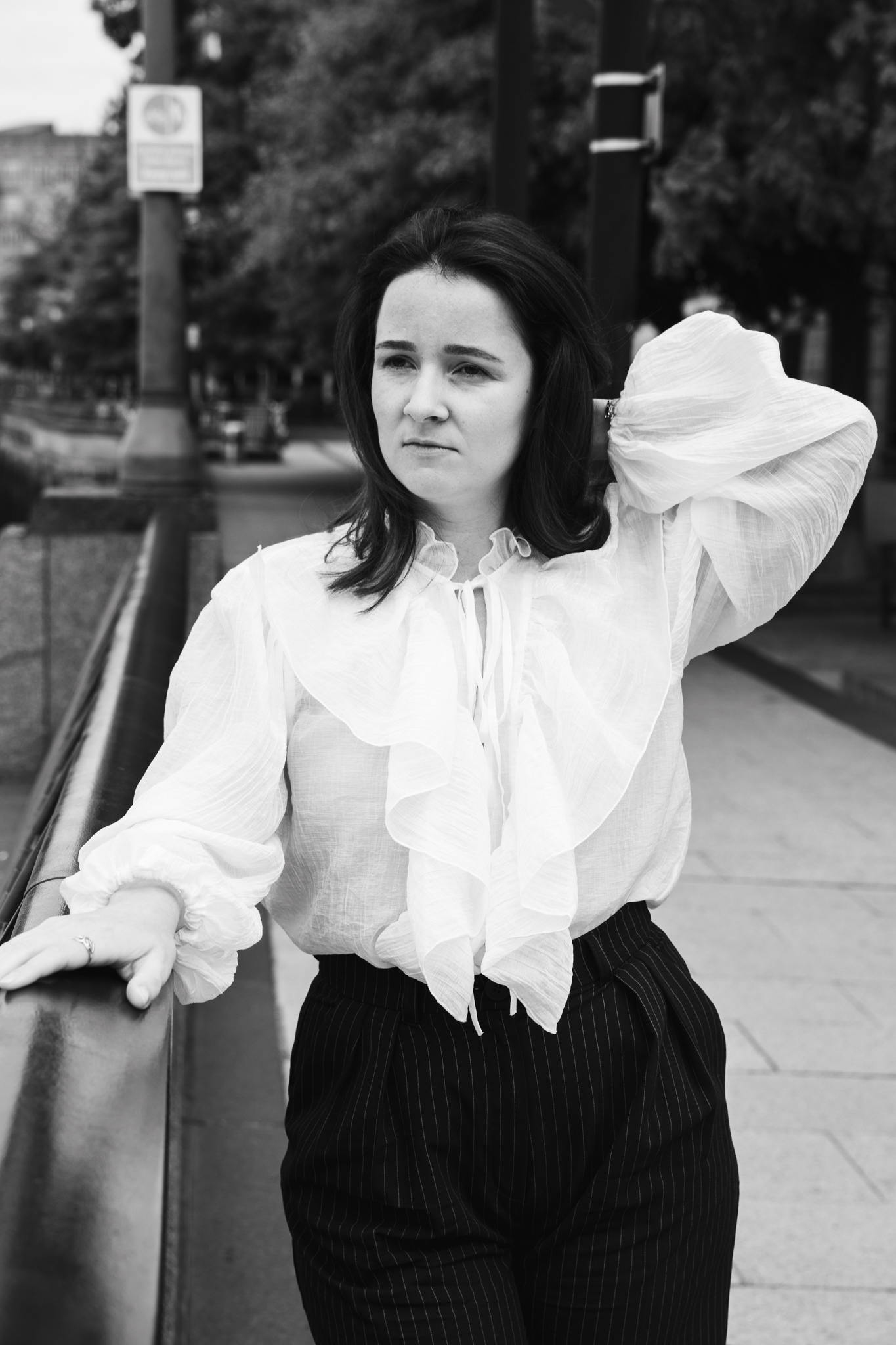
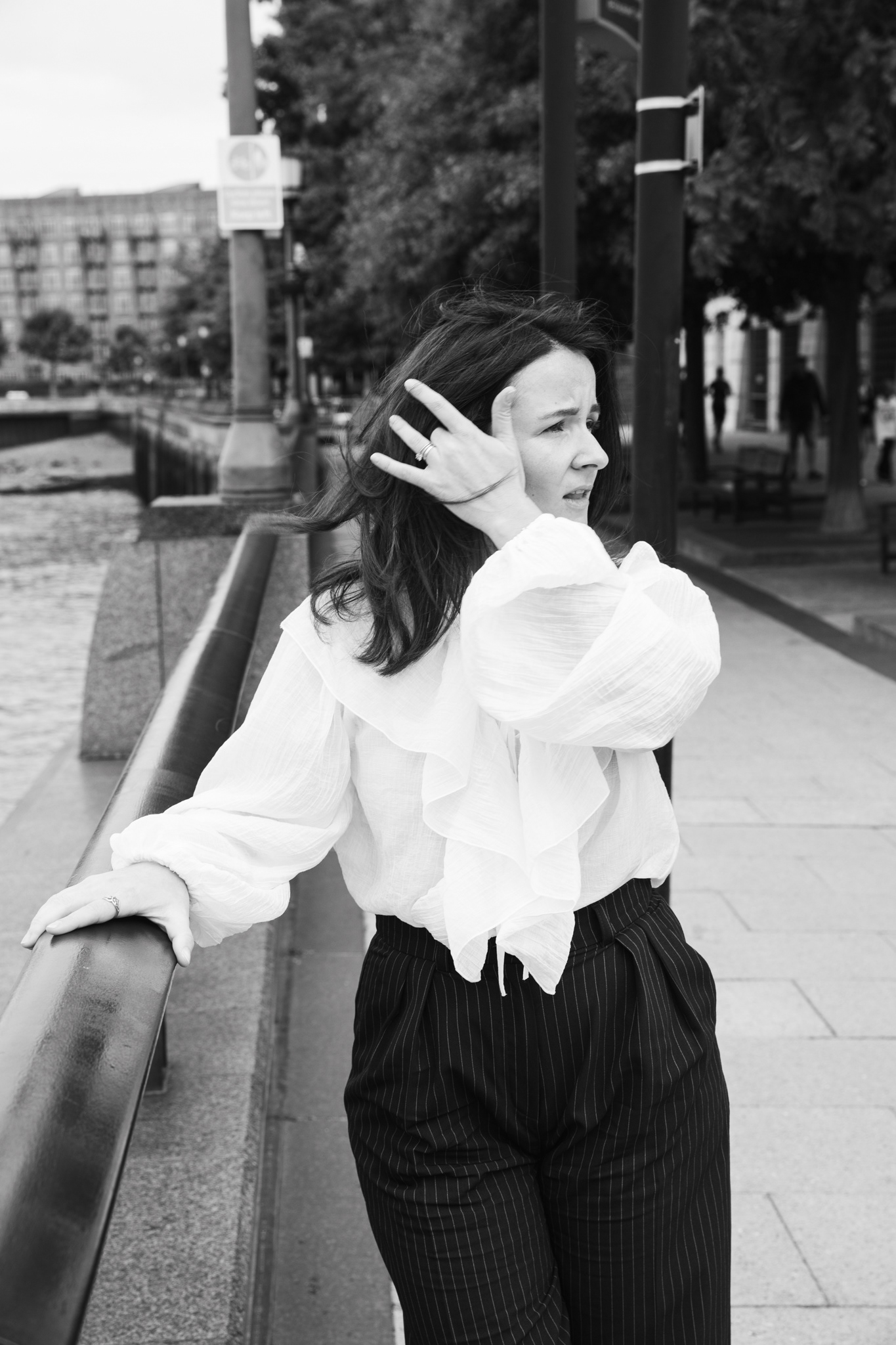
The Morning the Phones Wouldn’t Stop
On the evening of 23 February 2022, life in Kyiv seemed at its brightest for Iryna. After years of disruption, she had finally settled into her own rhythm. She was renting a cosy studio in Obolon, near the river and the park where she loved to run. Iryna also had just earned a promotion at work - the result of long effort. She was going to dance classes, travelling, learning, making plans for the future, and after a long break had started dating again. That night, she came home from a date, unaware that it would be her last evening in the Kyiv she loved.
“On February 23, my life was at its absolute peak. I had finally built it exactly the way I wanted.”
At law university, she also studied history and politics. Those lessons gave her certainty: the modern world had learned from its past. “Even after 2014, when Russia invaded Crimea and fuelled the war in Donbas, I thought that was the limit. I couldn’t imagine it going further. In the twenty-first century, one country shouldn’t be able to simply decide to erase another and take its land. And yet, in 2022, that is exactly what happened.”
At dawn on 24 February, her phone buzzed with messages from friends across Ukraine. Explosions. Invasion.
“I froze for about ten minutes. I couldn’t move.”
The first call she made was to her mother in Zinkiv, Poltava region. Her mother was calm and firm: she would not leave. For Iryna, that conversation was both grounding and terrifying.
Then she called Katya, her manager and friend, in Chernihiv. They agreed Katya would come to her in Kyiv, and at first they planned to go to Lviv, where they hoped to stay with a colleague. When they couldn’t reach him, they decided to head to Iryna’s relatives in Zakarpattia instead. The sounds of explosions growing closer pushed them to move faster.
She grabbed a small bag: two dark chocolate bars, dates, wet wipes, and basic clothes. “I thought, if we end up stranded on a train, this might keep us going.”
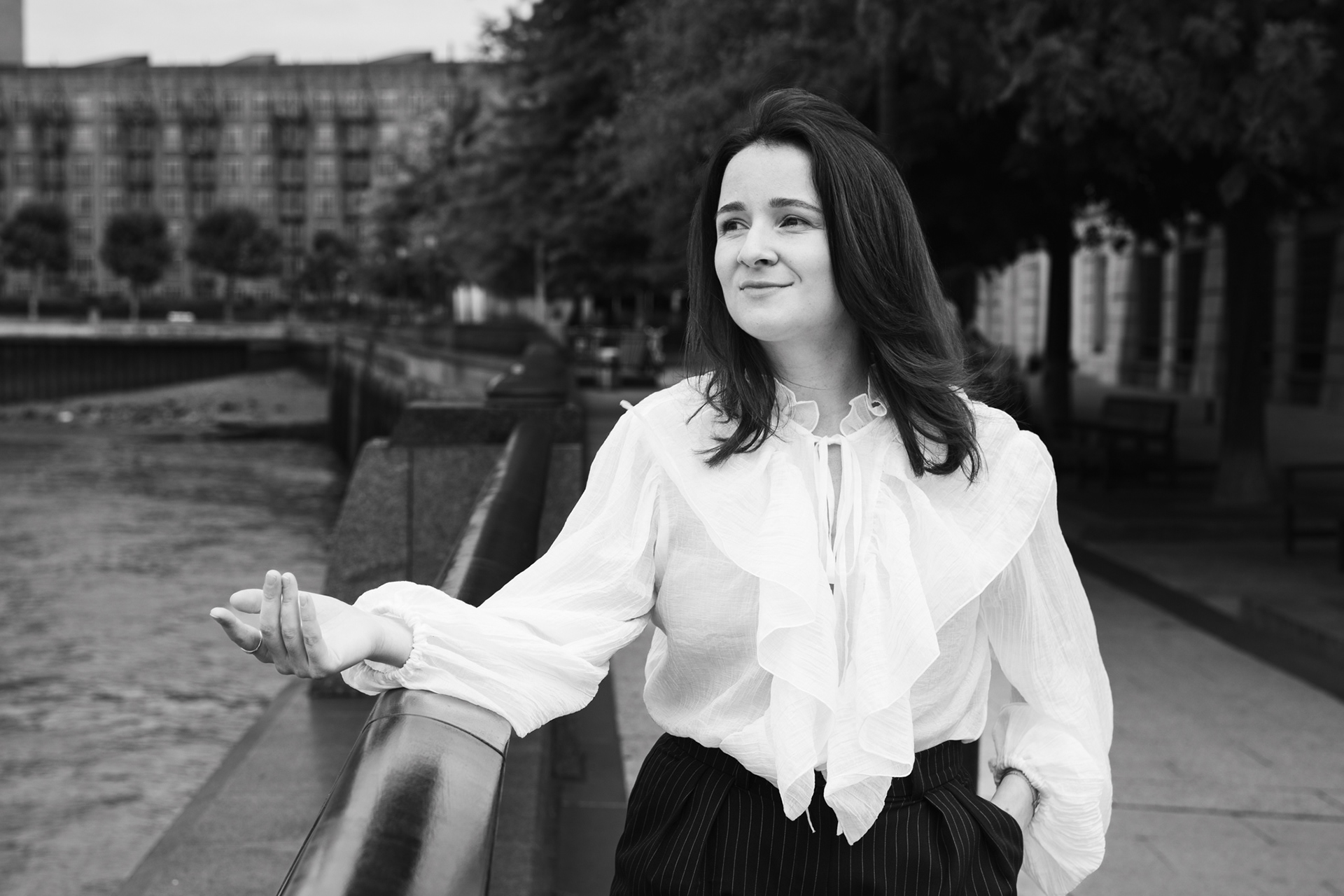
The Walk Into the Unknown
The walk to the metro was short, but she will never forget it. “I could feel with my back how everything I had was getting more distant - my friends, my family, every possession. I accepted that I might never be able to see it again. That day the fear was extreme. In the face of war you do not know what to think, how it will unfold.”
At the metro station there was chaos. It felt as if fear itself filled the air. “We couldn’t wait any longer,” she remembers. “So we decided to go straight to the railway station.”
There it was the same - crowds everywhere, shouting, confusion. Iryna and Katia had only one ticket between them, which added even more uncertainty. In their carriage, eight people squeezed into a compartment meant for four, and the two of them had to share a single berth.
After many long hours they reached Zakarpattia and stayed with relatives for two weeks. But soon her company made it clear: she could not keep her client-facing role from Ukraine.
That was the turning point. Staying would mean losing her work and her ability to support her family. “It wasn’t only about me,” Iryna says. “Leaving was the only way I could keep going and continue helping my family too“.
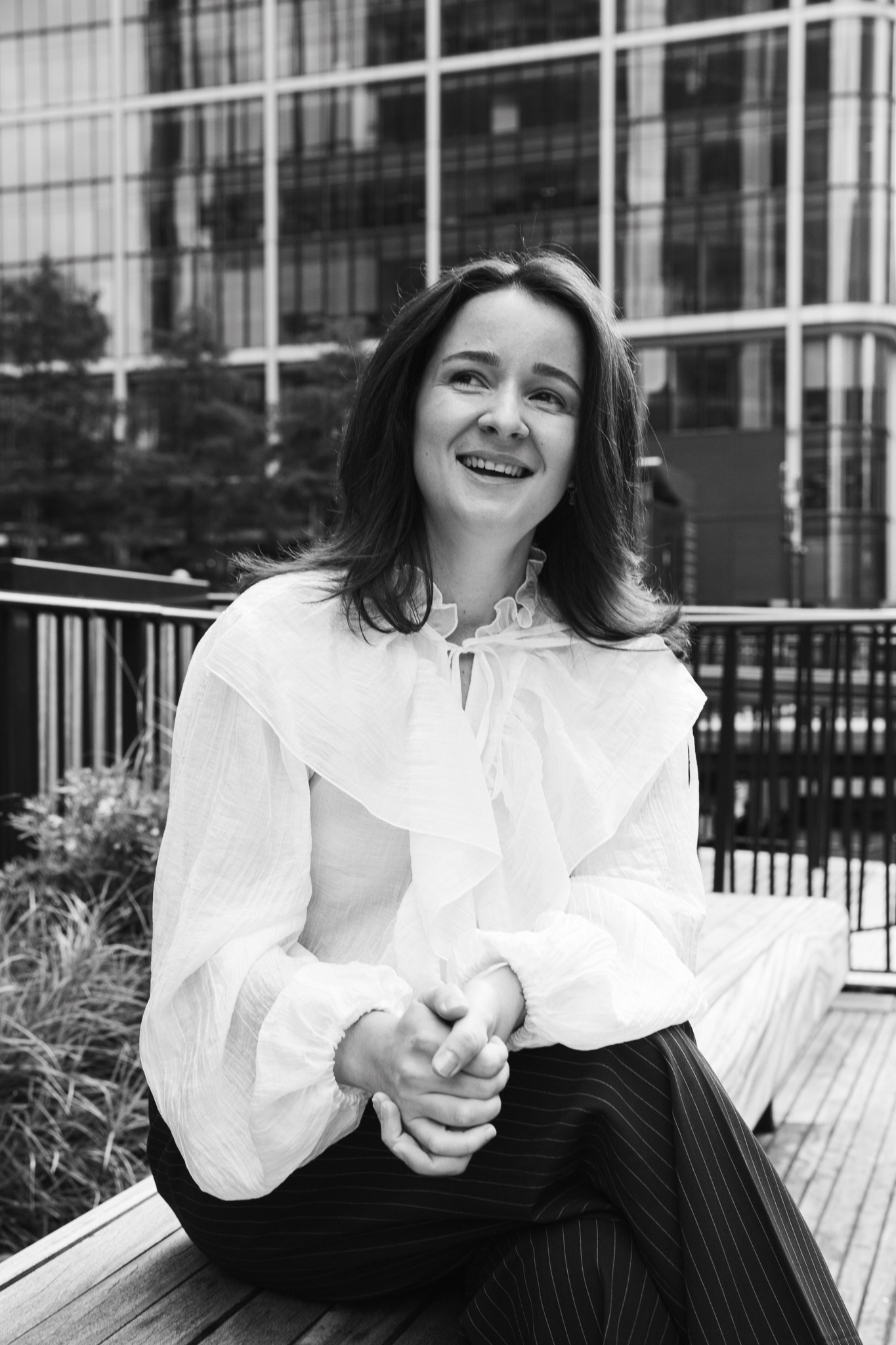
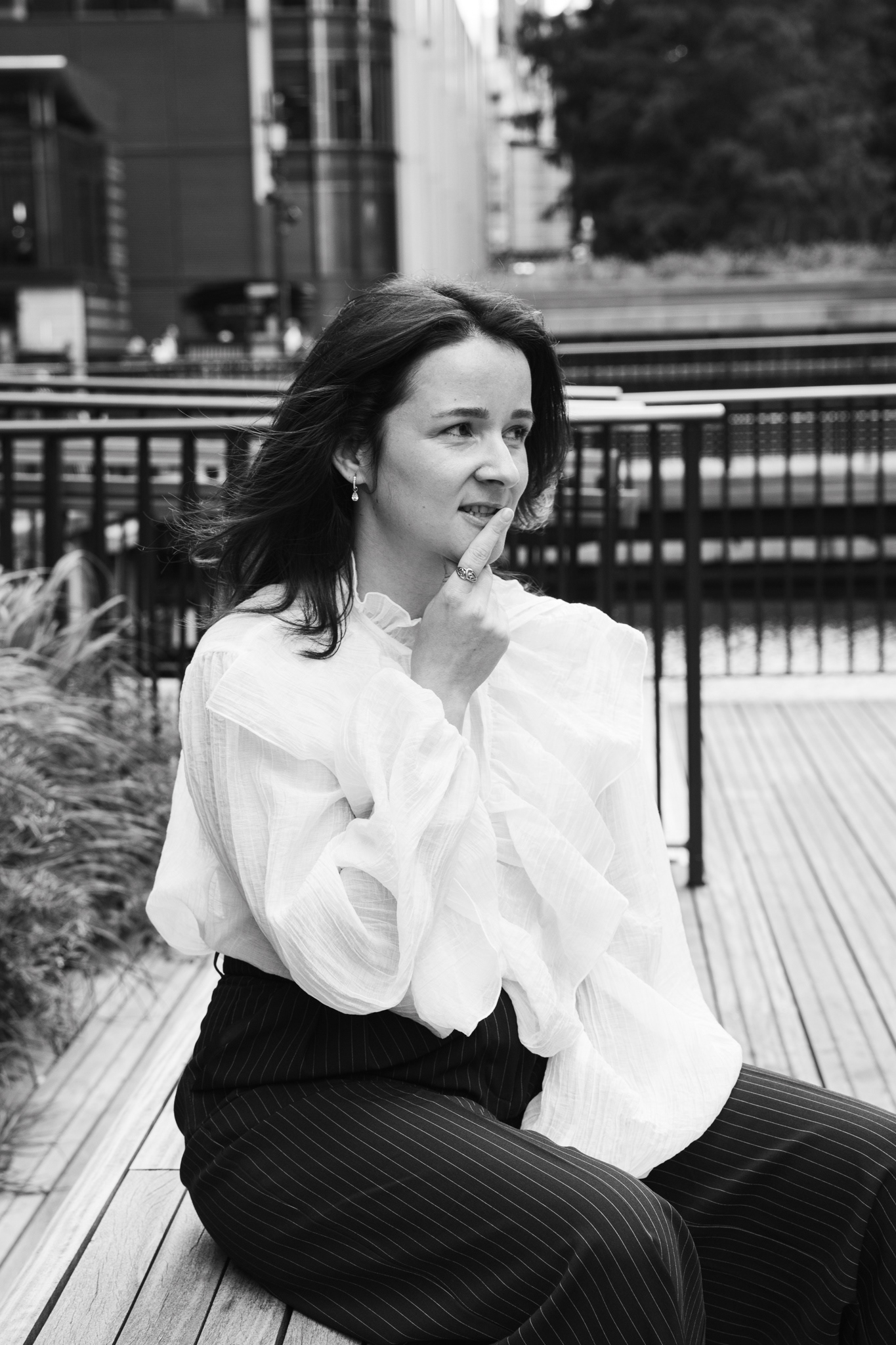
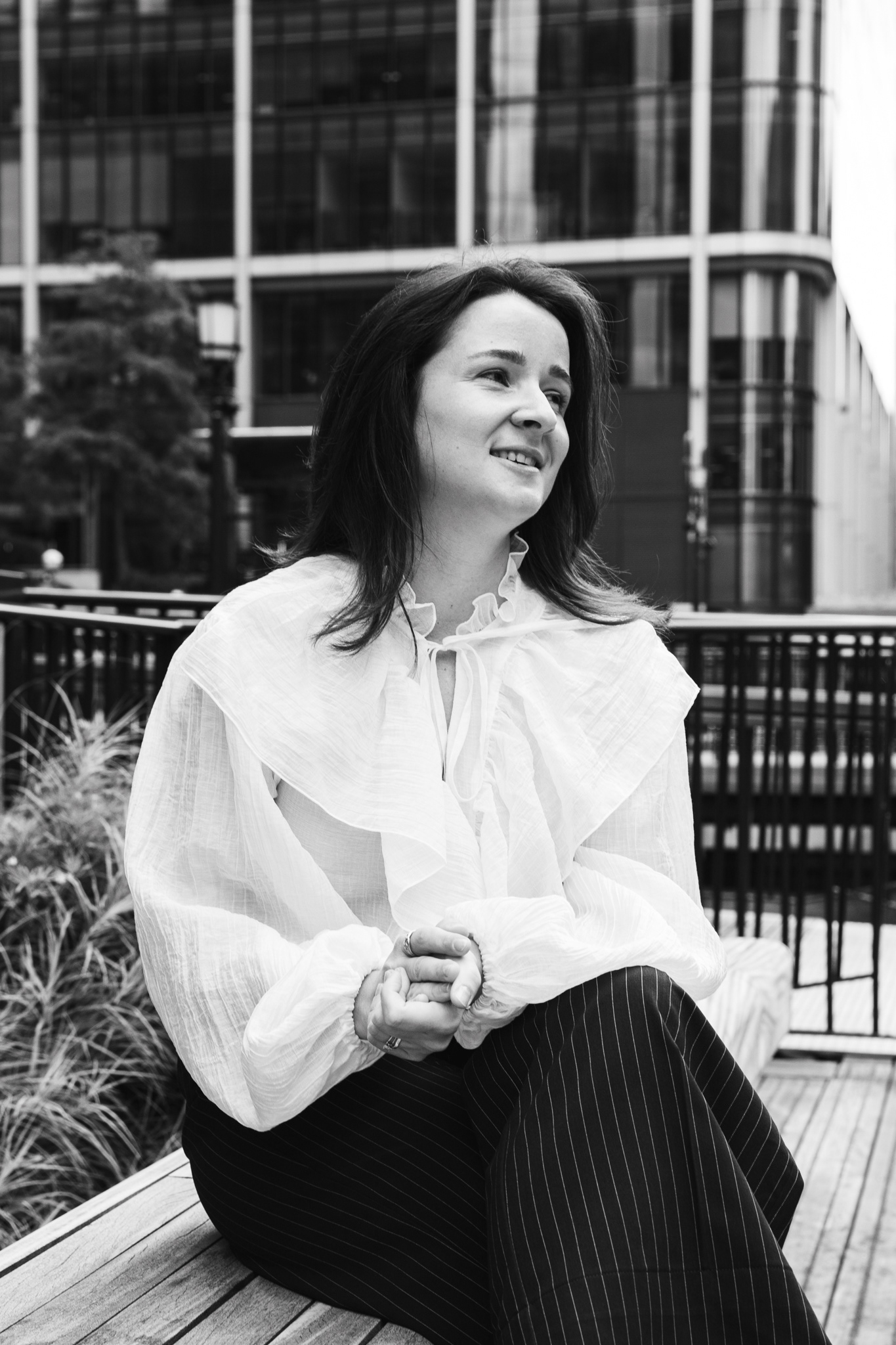
Searching for Shelter, Finding Silence
Kraków was their first stop. They returned to work almost immediately - the only part of life that felt unchanged. But after two weeks, the landlady asked them to leave. A rent payment had frozen in the banking system, and she did not want to wait until it was resolved.
So they began searching again, this time for something long-term and cost-effective. Almost by chance, they found Rosita, a woman in Italy not far from Pisa, who offered them her empty cottage in Castelnuovo di Garfagnana. From Kraków, the route there was surprisingly convenient.
The mountains were green and quiet, reminding Iryna of the Carpathians. “Rosita spoke little English, but she tried to help us as much as she could and treated us like family.”
The internet barely worked. At first this felt impossible. But as the news of Bucha’s atrocities spread, the disconnection became a strange form of protection. “Being cut off saved us. We weren’t exposed to the endless stream of horror.”
It was there, on Rosita’s terrace, that Iryna and Katya had their first real conversation about the long-term. “We asked each other, how are we going to live if the war does not end?” In Poland and Italy, they also realised how critical language is. “You can’t really build a life without it. That’s when the UK became the most logical choice.”
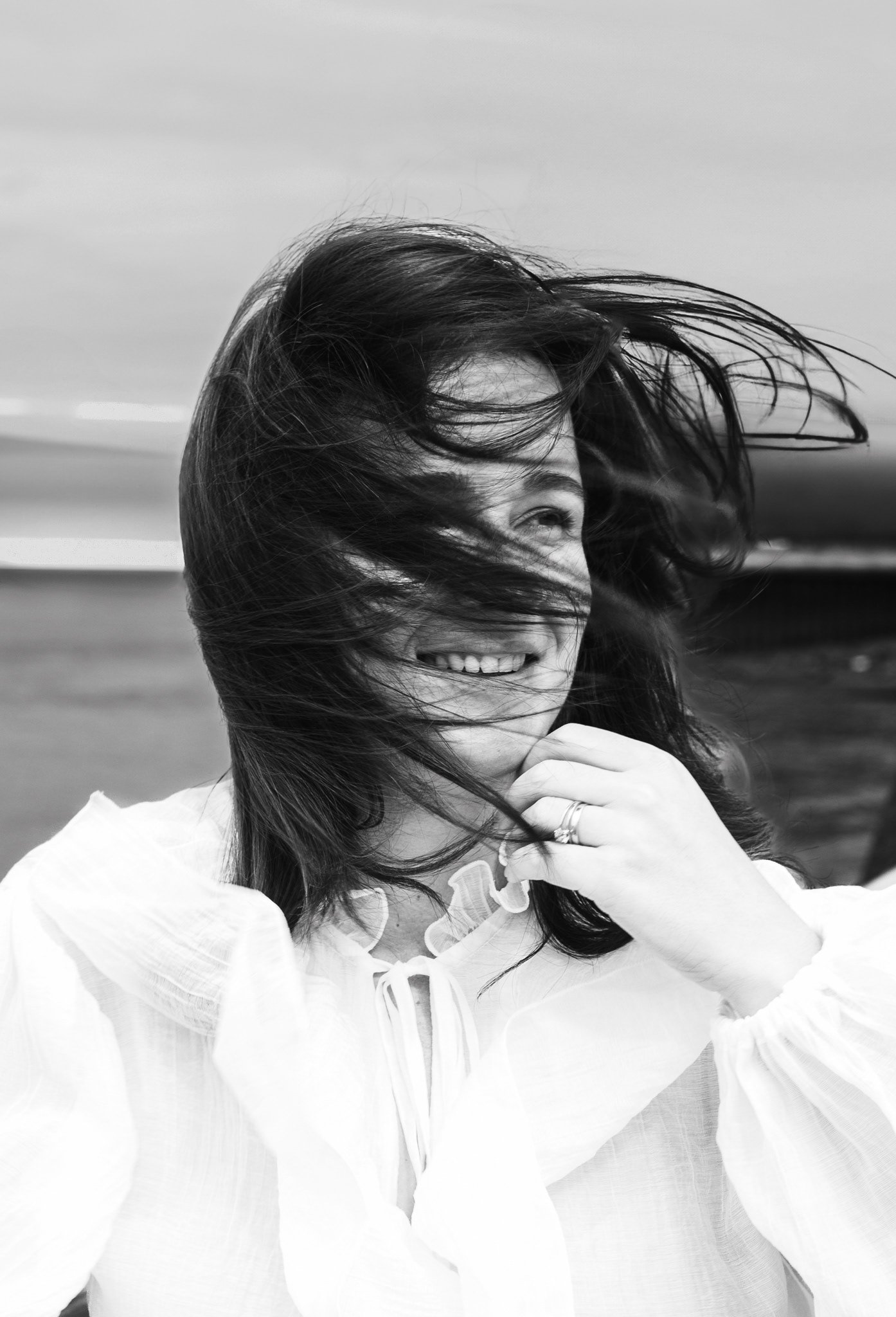
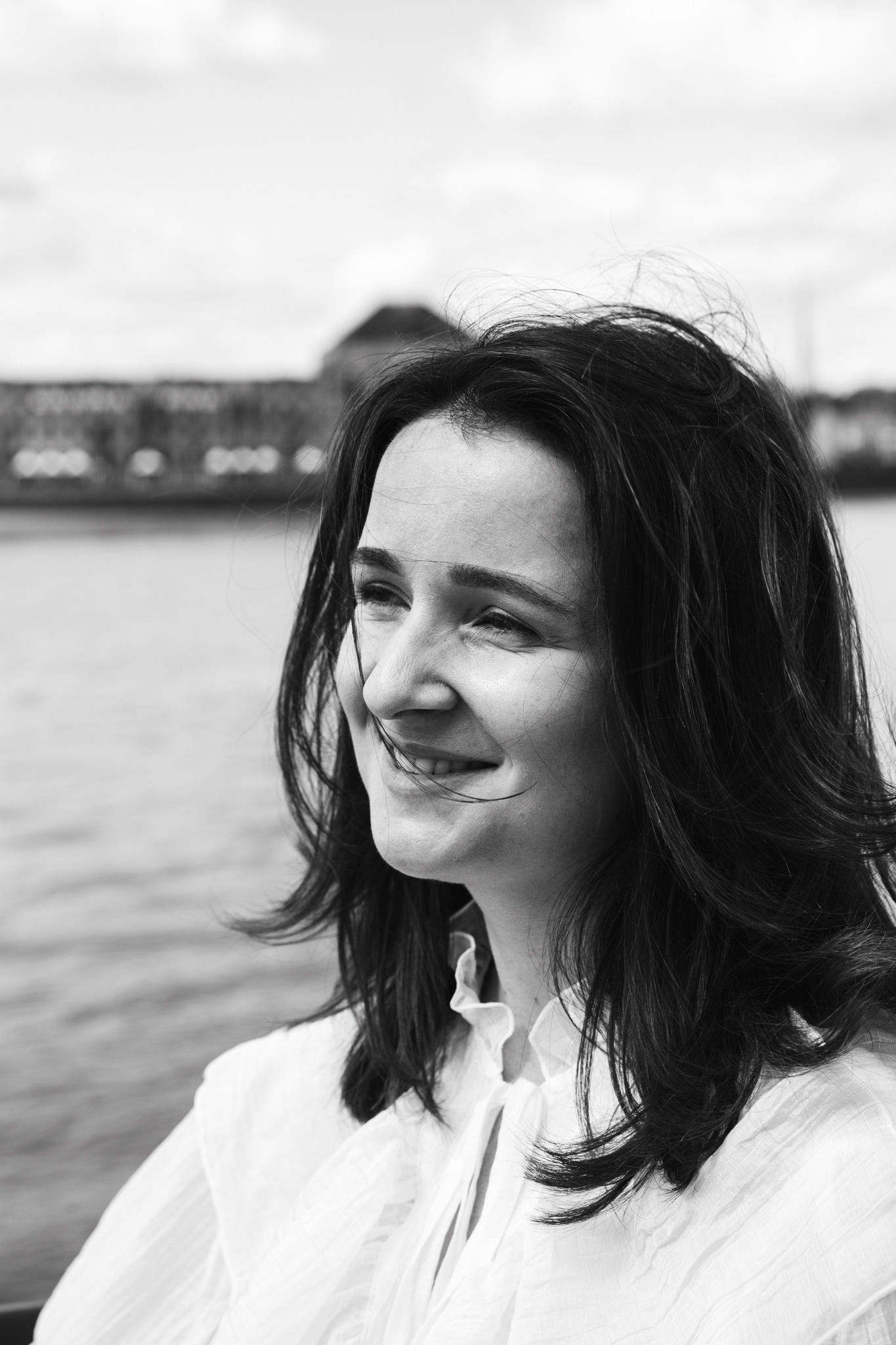
A British Home
They wanted to stay together, so they applied jointly through the Homes for Ukraine programme, asking for the impossible - either two separate rooms, or two families living near each other who could host them. To their surprise, Sarah and Joe replied, offering their annex in Hinton Parva, near Swindon.
“They picked us up at the airport, and we connected immediately in the car. Even though we had just met, we were already laughing and starting to make sense of what British humor really means. That made us feel at ease.”
Life with them was warm and homely. Sunday family roast dinners, weekday meals together almost every day, Sunday walks with dogs, community celebrations, family events. More than comfort, it gave assurance.
Iryna speaks with huge gratitude about Sarah and Joe. “They have such big hearts. To let two absolute strangers into your home, into your family life - not everyone could do that. Having them as family here was so important. It gave me safety, and the belief that I could get back on my feet.”
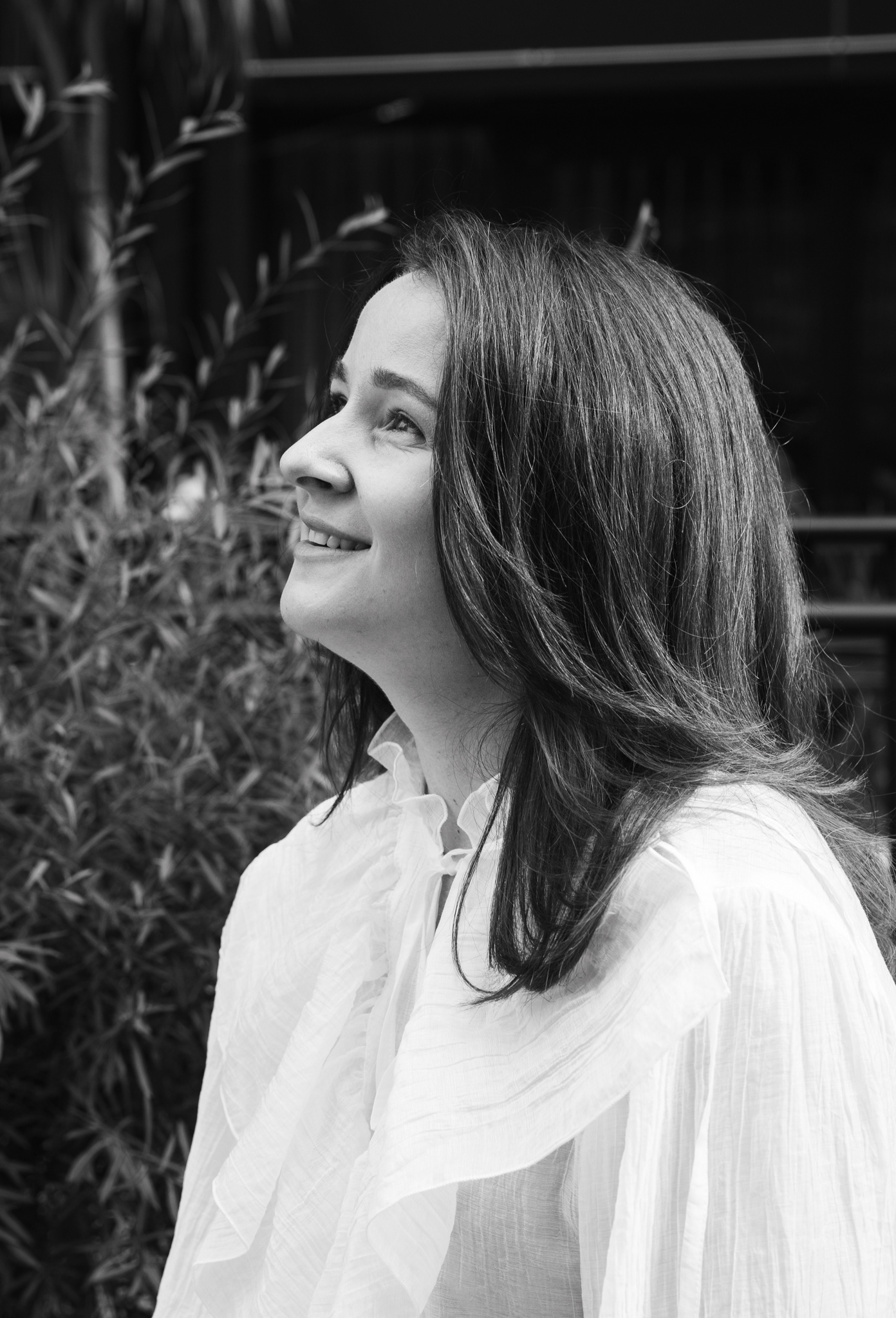
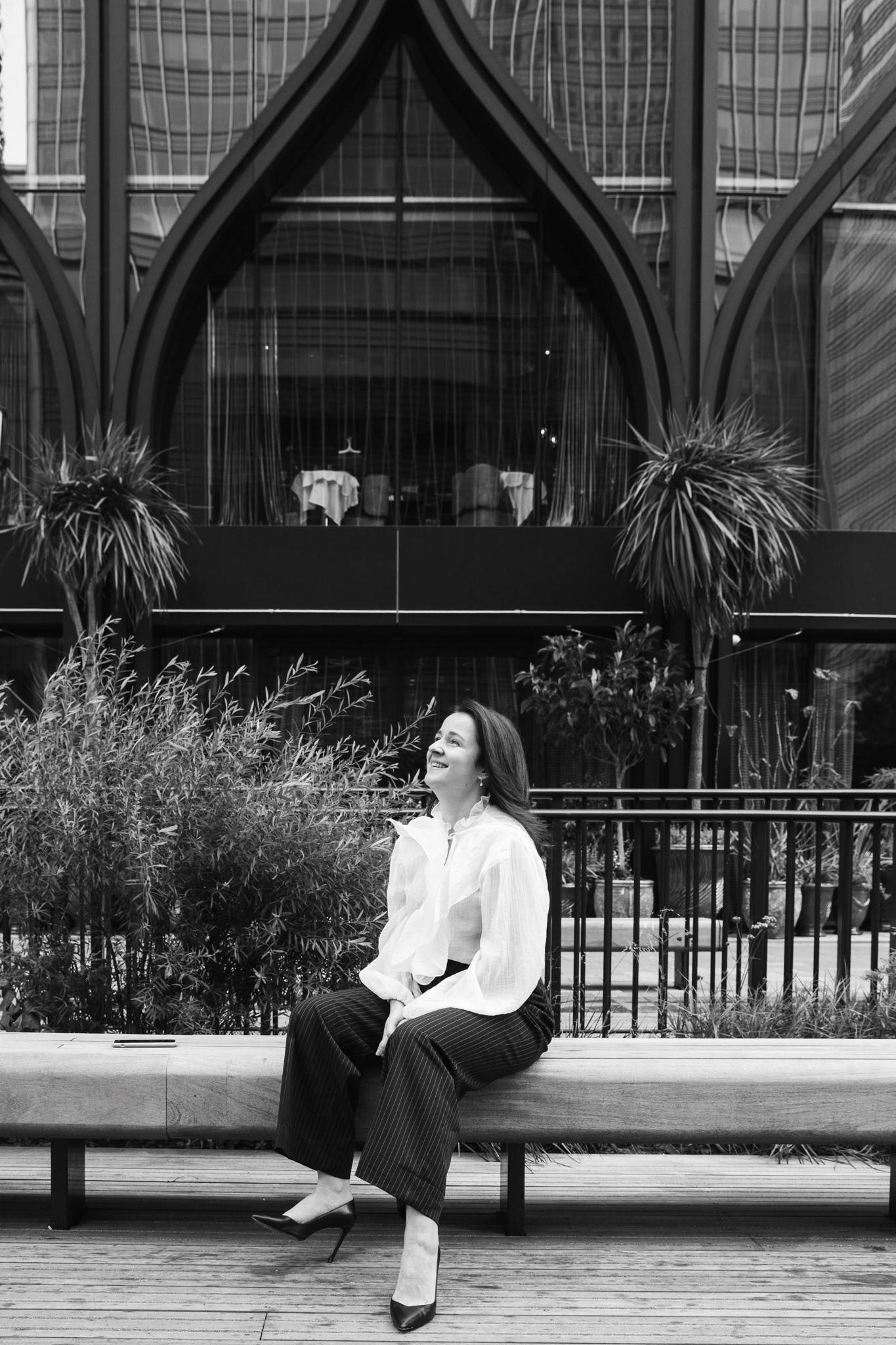
Starting Over in Work
An ex-colleague referred her to a London company. After five interviews, she hoped for an Account Executive role. Instead, she was offered a junior position as a Business Development Representative.
“It was painful to step down, but I told myself I can learn, I can adapt.”
She also had to adjust to post-COVID office culture in the UK. To understand it better, she read Watching the English, a book about the unspoken rules of British life.
After six months, she was laid off in company-wide cuts. “It was brutal. A general meeting, and then the email came.” It was just when she had started to feel some stability again.
She found a second role after a few months. It wasn’t the right fit, but it carried her forward. While still there, she accepted an offer from a third company - the one where she works today. This time, everything clicked and Iryna felt that her career finally started heading in the right direction.
“The war set me back, and I had to begin again. I still feel like I’m catching up.”
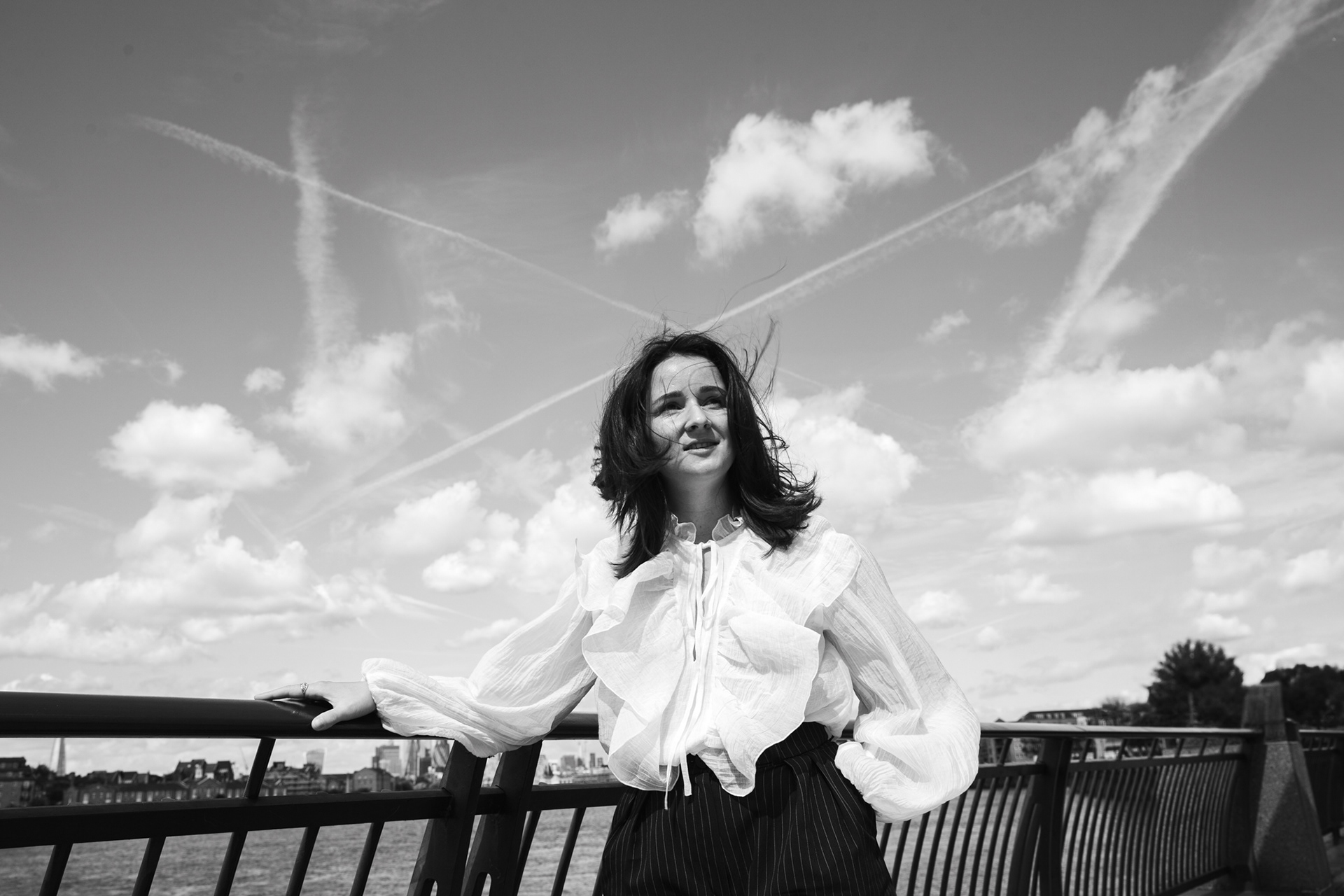
Opening the Door to Love Again
For a long time, Iryna did not allow herself to think about dating in the UK. “It felt wrong, almost like a betrayal. How could I look for love when there was war at home?”
Months later, after she was laid off and went to Zakarpattia to visit her family, she finally let herself pause. She remembered she had once registered on a dating app and opened it again. That was when she found Aman.
His first message was long and thoughtful. They started talking. Before their first meeting, she studied his photos carefully. “I noticed he wasn’t smiling in any of them. I thought, maybe something is wrong. For me, a smile matters.”
They chose a café near Liverpool Street for their first meeting. When Iryna arrived, the glass door was jammed as she tried to open it. Aman came over from inside, smiling as he tried to help. He couldn’t open it either, but his smile was so genuine. “At that moment, I melted,” Iryna says.
From then, their bond grew quickly. After one year and half in July, during a holiday in Turkey, Aman proposed.
They planned two weddings. The first, in London, was small and intimate, with close friends - and Sarah and Joe, whose presence meant so much. “It was very important for me that they were there,” she says.
The second was in Chandigarh, India, with eighty guests. By local standards, it was unusually small, but it was to respect her side - a family of two, just Iryna and her mother.
Her mother travelled from Ukraine to be there. Aman’s family welcomed her warmly despite the language barrier. “We spoke through gestures and hugs. It was enough.”
At one of the ceremonies, Iryna wore a traditional wedding wreath from her region of Ukraine, handmade in her hometown, along with a traditional outfit. “For me, it was about embracing and sharing my culture at a time when someone was trying to destroy it and deny its legitimate existence.””
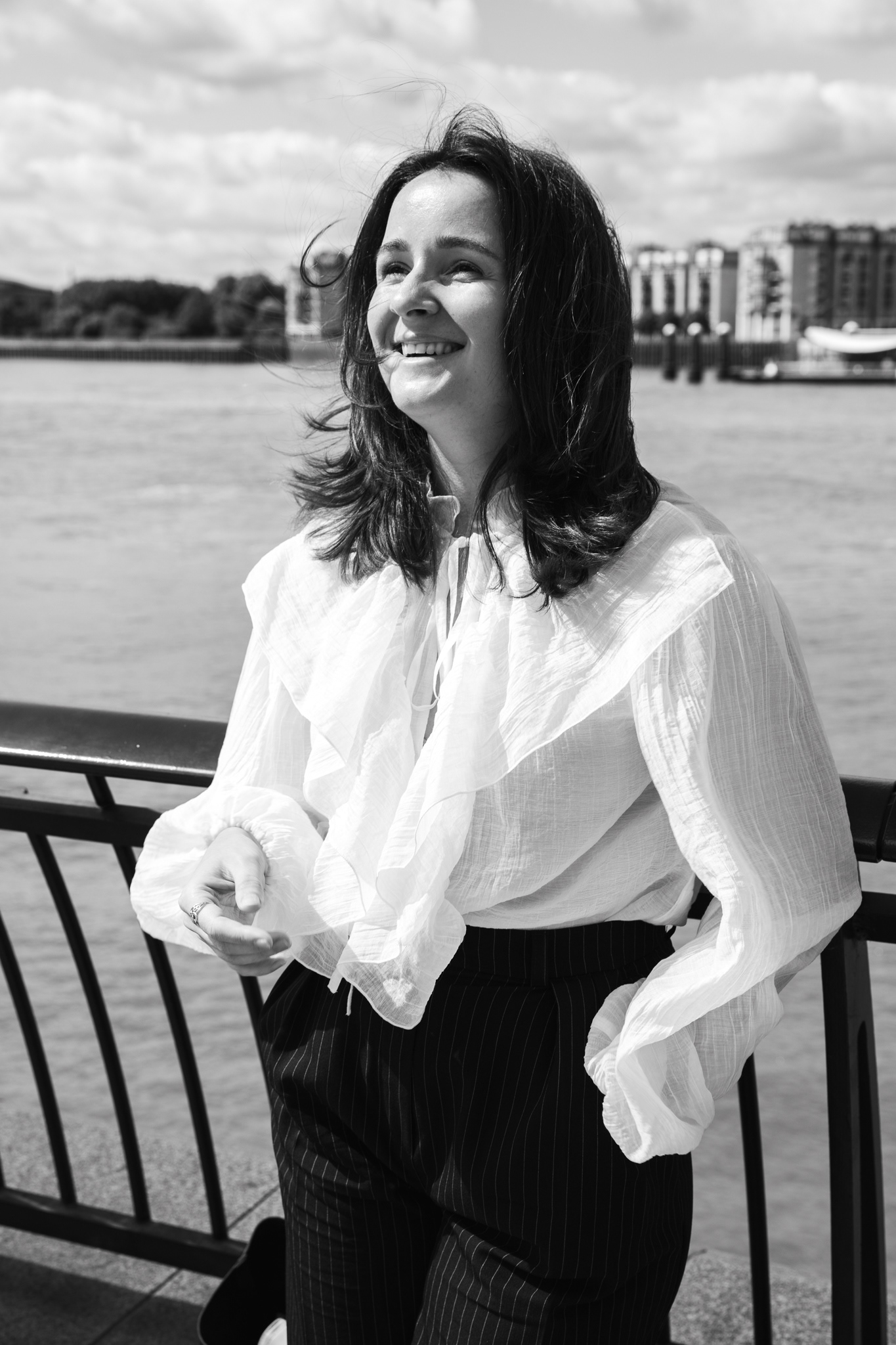
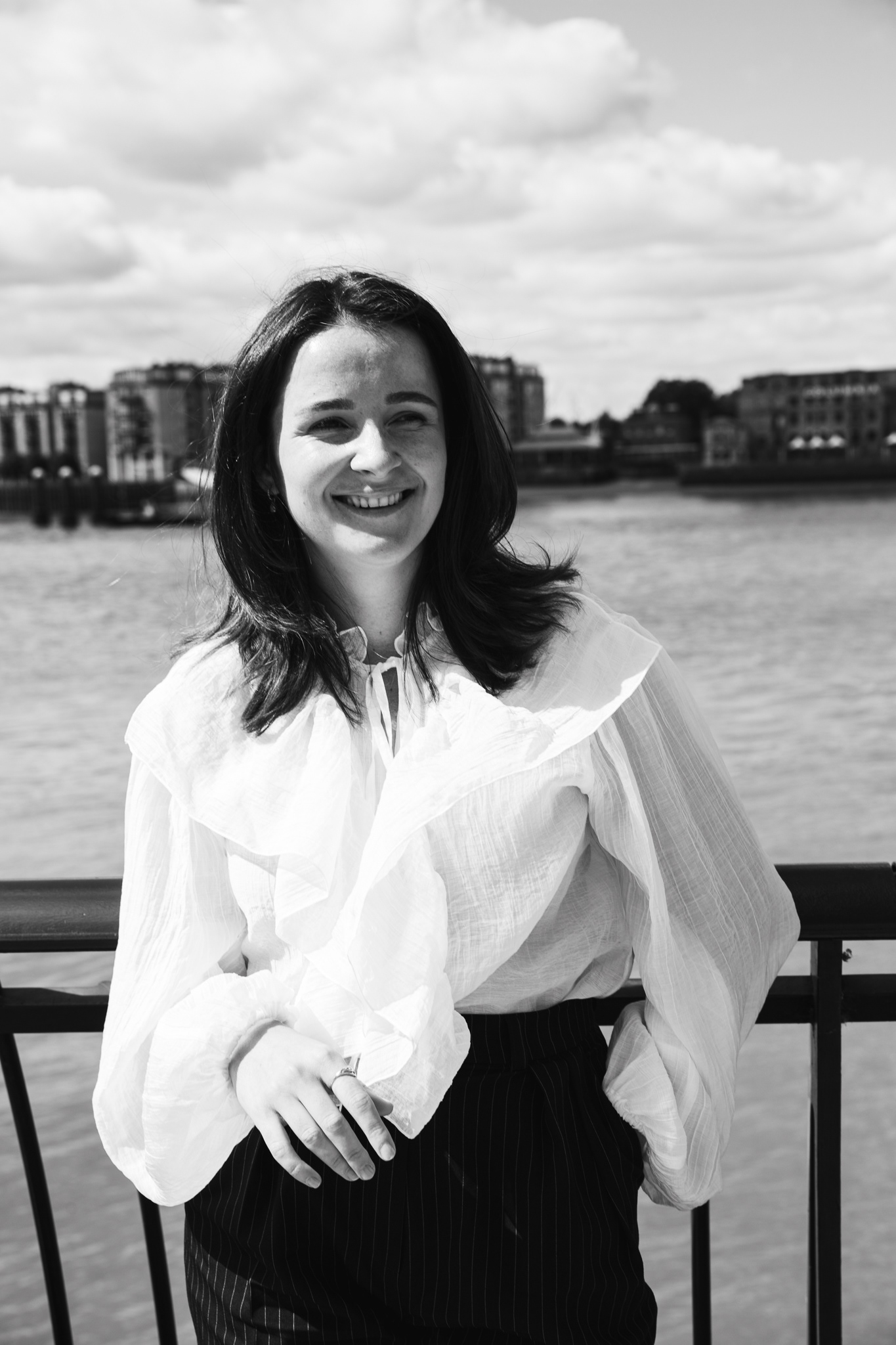
One Step at a Time
Now in London, Iryna works hard but also finds calm in her creative hobbies - baking, sewing, crochet. “Handmade work gives me small daily achievements. It helps me through the hardest times.”
Her story doesn’t offer easy lessons. But it shows how survival can rest in routines and choices that seem ordinary. It shows that culture is alive not only in history books but in daily acts - wearing a Ukrainian traditional outfit at a wedding, speaking your own language, passing on traditions.
“I can’t say I achieved anything special. I just kept moving forward, one step at a time.”
